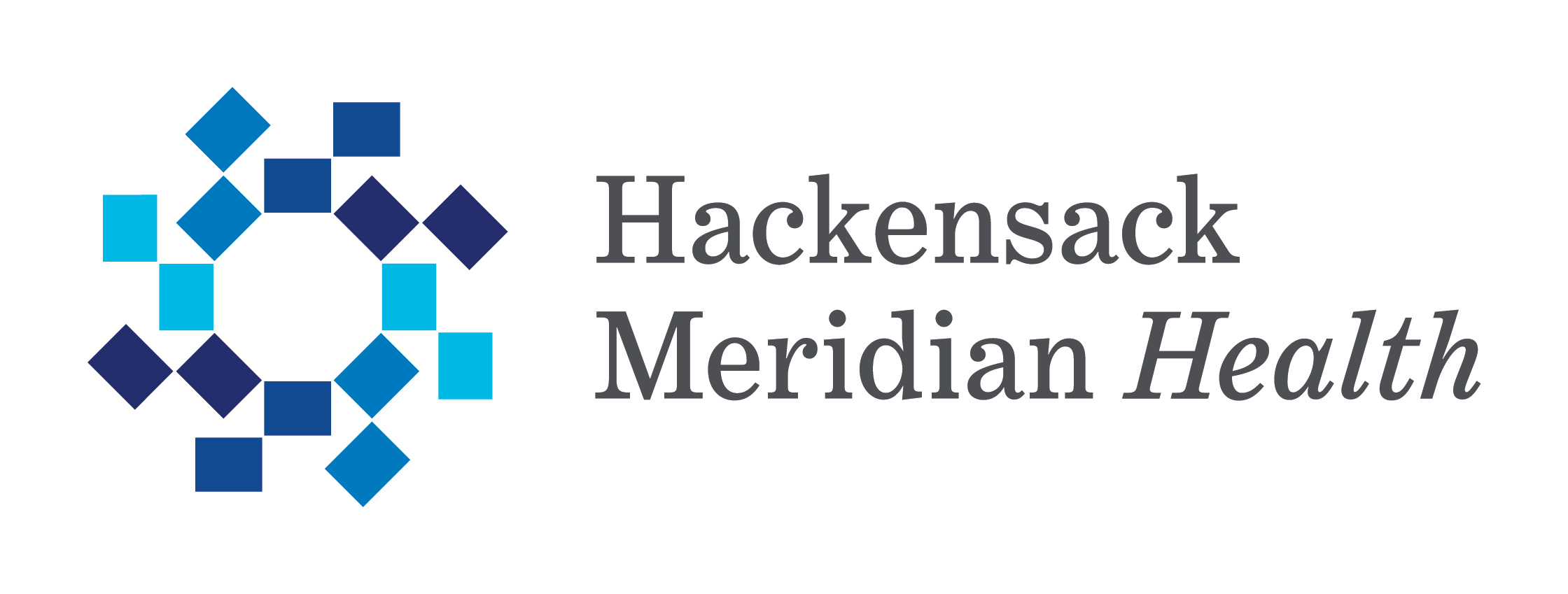Newswise — Neptune, NJ – March 7, 2016 – Jersey Shore University Medical Center introduces the first cochlear implant surgery program in Monmouth and Ocean counties, providing new hope for children and adults, whether they're born deaf or experience hearing loss later in life, to talk on the phone, listen to music, and hear the voices of their friends and loved ones. There are currently 36 million Americans who are living with some degree of hearing loss. This number is expected to double by 2030 as baby boomers approach retirement age. More than 40,000 adults and 30,000 children in the US qualify for cochlear implantation. Social benefits include improved speech development and a better quality of education for children; more career options for young adults; and more stable employment for adults. A patient's overall quality of life and range of opportunities are enhanced through the use of this technology.
The cochlear implant offers the hope of regaining or restoring the ability to sense sound for people who have experienced significant hearing loss. A cochlear implant is an electronic medical device that replaces the function of the damaged inner ear. Unlike hearing aids, which make sounds louder, cochlear implants do the work of damaged parts of the inner ear (cochlea) to provide sound signals to the brain. Candidacy evaluations for cochlear implantation include a discussion of a patient’s hearing history, a conventional audiogram (hearing test), cochlear implant sentence testing, and a radiographic workup. For those patients that qualify for cochlear implantation, surgery is conducted on an outpatient basis. Patients are asked to keep the incision dry following surgery for one week, and many return to their jobs or other daily routines after a few days of rest. The device is then activated several weeks later, after wound healing occurs. “Cochlear implantation provides opportunity for a congenitally deafened child to live in the hearing world, to achieve in school and compete in the professional world on par with children lacking disabilities. Cochlear implantation returns hearing to the adult candidate, restoring patients to their jobs, families, and social pursuits,” says Seth McAfee, M.D., Adult and Pediatric Otolaryngologist, Jersey Shore University Medical Center.
About Jersey Shore University Medical Center:Jersey Shore University Medical Center, a member of the Meridian Health family, is a not-for-profit teaching hospital and home to K. Hovnanian Children’s Hospital – the first children’s hospital in Monmouth and Ocean counties. Jersey Shore is the regional provider of cardiac surgery, a program which has been ranked among the best in the Northeast, and is home to the only trauma center and stroke rescue center in the region. Through the hospital’s clinical research program, and its affiliation with Rutgers Robert Wood Johnson Medical School, Jersey Shore serves as an academic center dedicated to advancing medical knowledge, training future physicians and providing the community with access to promising medical breakthroughs. For more information about Jersey Shore University Medical Center call 1-800-DOCTORS, or visit www.JerseyShoreUniversityMedicalCenter.com.
